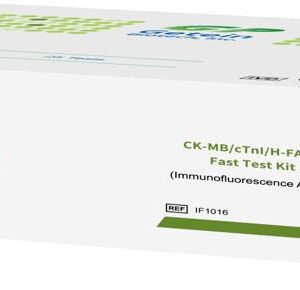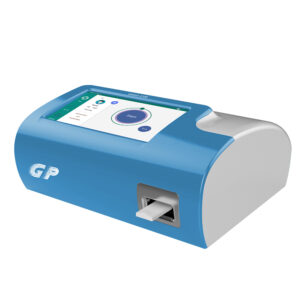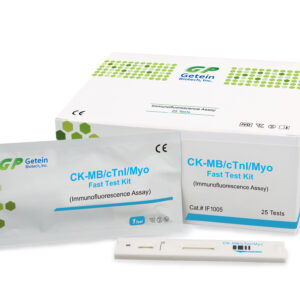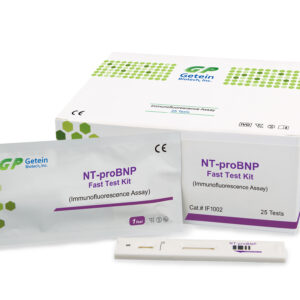Description
CEA is a glycosylated molecule with a molecular weight of approximately 180,000 Daltons. CEA, like AFP, belongs to the group of carcino-fetal antigens that are produced during the embryonic and fetal period. The CEA gene family consists of about 17 active genes in two subgroups. The first group contains CEA and the nonspecific cross-reacting antigens (NCA); the second group contains the pregnancy-specific glycoproteins (PSG).
CEA is normally produced in gastrointestinal tissue during fetal development, but the production stops before birth. Consequently, CEA is usually present at very low levels in the blood of healthy adults.
Slight to moderate CEA elevations can also occur in 20-50% non-malignant diseases of the intestine, the pancreas, the liver, and the lungs (i.e. liver cirrhosis, chronic hepatitis, pancreatitis, ulcerative colitis, Crohn’s Disease). Smoking can also lead to elevated CEA values and needs to be taken into account when interpreting CEA levels.
CEA determinations are not recommended for cancer screening in the general population and CEA concentrations within the normal range do not exclude the possible presence of a malignant disease. The main indication for CEA determinations is to monitor colorectal carcinoma treatment, to identify recurrences after treatment or surgical resection and to aid in staging and assessing metastasis.





